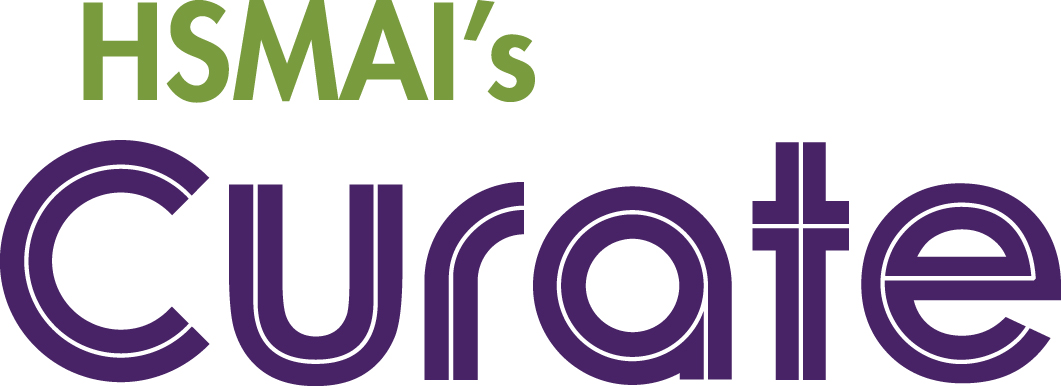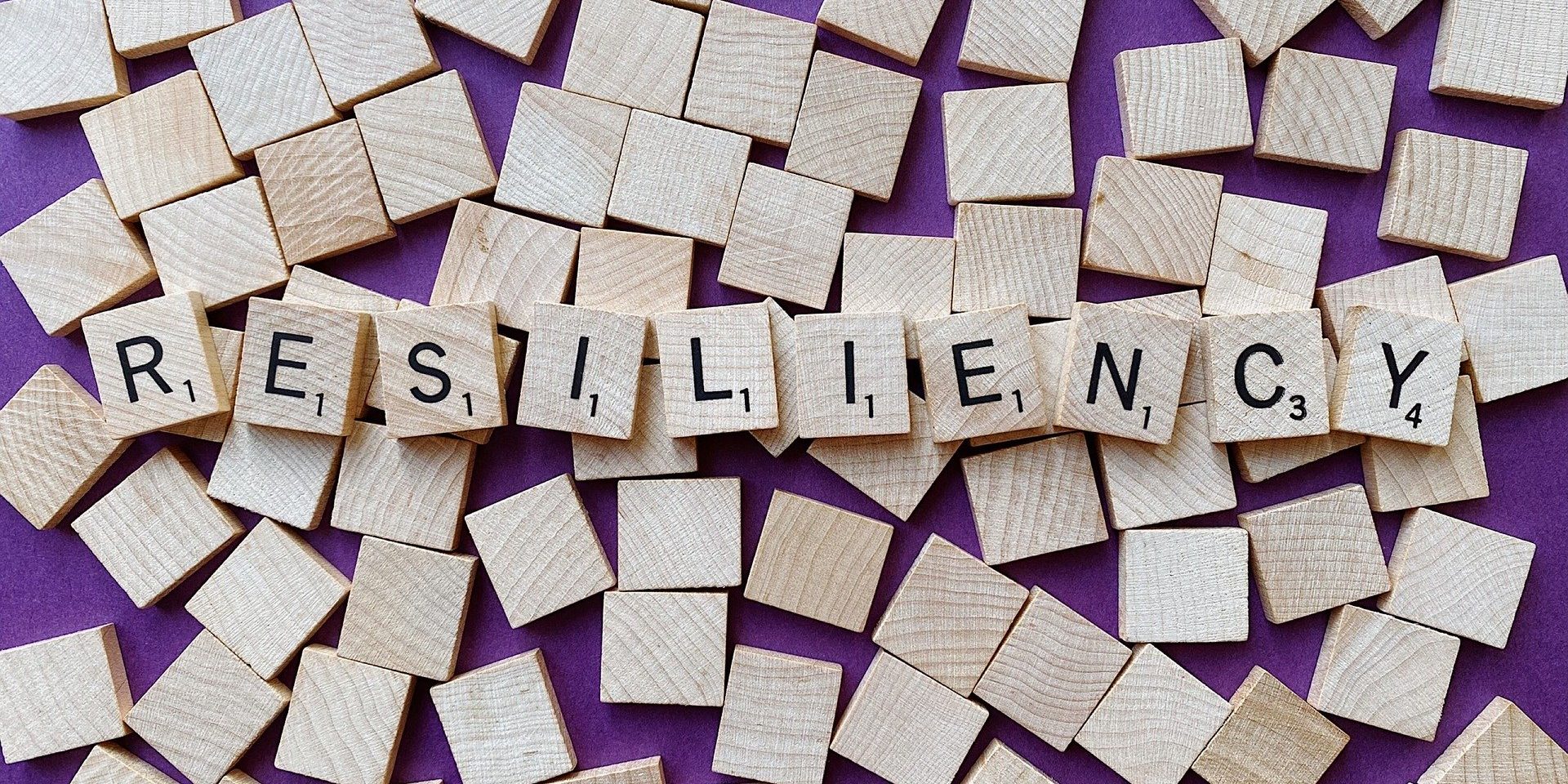By Kaitlin Dunn, Writer, Hospitality Sales and Marketing Association International (HSMAI)
With HSMAI’s Spring Curate 2020 event canceled due to COVID-19, we are developing content around the planned theme of Curate, “Leadership in Changing Times” — including this interview.

MacAulay is scheduled to speak at HSMAI’s ROC 2020 event in San Antonio on Oct. 26–27. While ROC was postponed from June due to the coronavirus, MacAulay still wanted to communicate with HSMAI members who might be struggling with everything that is going on in the world — including how to come out stronger on the other side.
From a psychological standpoint, what should people remember right now?
Be aware that these are uncertain times, the situation is unprecedented, so the first thing to remember is that whatever you’re feeling — anxious or overwhelmed — you are completely normal. We have an ancient brain living in a modern world and it’s very difficult to process everything being thrown at us. Whether we’re reacting to a combat situation or dealing with our kids being home while we are working, all that causes a stimulation of our physiological stress response. It doesn’t matter what the stimulus is, that life-or-death response is all the same — butterflies, feeling of overreacting, sweaty palms — and it’s completely normal. It’s how our bodies are built to deal with challenges.
One other thing to keep in mind is that this crisis will end. While it may not seem like it and the world may look different on the other side, we will find our way out of this crisis. It’s actually times like these that challenge us as individuals and companies, allowing us to grow and pivot with creativity and innovation. It’s hard to remember that when we can’t focus on that light at the end of the tunnel, but it will come.
How have your experiences helped you to feel more prepared for the situation we are currently facing?
Most of my military career, I’ve pushed against normal expectations. If there wasn’t a chair for me at the table, I brought my own. If there was an unconventional path, I was going to find it. The military is full of uncertainty, and my experience helped me to build resiliency in the face of adversity. It’s really about strengthening our psychological flexibility. It is extremely valuable as it shapes our mindset toward a path to “yes” and that things will get better. That’s a powerful thing for us.
Our minds are fantastic at gearing toward the negative. We catastrophize over the future and ruminate on the past. Building that mental strength, it goes against the norm of our brain, which is why we need that training to stay in it. If you can stay the course and see the vision for the future, you won’t see the obstacles as barriers, but as opportunities.
Things are challenging right now, but the world is not ending. We should have some anxiety, that’s perfectly normal, but we don’t need our minds taking us down the path of no hope, because that is not a helpful place.
Everyone is facing a different professional challenge, whether it’s dealing with a job loss, feelings of isolation working from home, or anxiety about the state of the industry. How can people put aside their anxieties and worry?
Most of the time when we meet a challenge, we want to overcome it, but our minds tend to go to the negative rather than the positive. We can either see it as a threat or an opportunity to reevaluate or reflect. So, the first step is not letting it get control of us. A lot of times, people want to control the external environment. We don’t have control of that, we only have control of the internal environment. The most important thing we can do is give ourselves a rational decision-making space and not get caught up in emotions.
At ROC, you’re scheduled to teach the audience how to build their skillsets in order to better handle stress. How can you apply that in extreme circumstances such as this one?
The importance of frontloading all of these skillsets is to build mental strengths and psychological flexibility. I call it “mental pre-hab.” That’s the focus of my work. How do we prepare our mindset so when we encounter unpredictable environments, we are better prepared to make rational decisions? This situation highlights the importance of doing that work ahead of time.
Obviously, we are in the middle of a crisis, but now that we’re slowing down, forced to be at home and change the way we view our lives, it’s a blessing. I teach people to slow down and reflect in order to speed up their professional success. We can take this as an opportunity to reevaluate our busy schedules, our habits, and our priorities. With clarity, we can now reflect on what’s most important to us and how we want to live our lives.
What’s your advice for people who have been laid off or furloughed?
We’re adjusting to a new normal, and some people are going to realize they finally have time to pivot toward a passion they have or find purpose through giving back to others. Again, this is an opportunity to reflect on what’s most important to you and where you want to focus your energy. The hospitality industry, along with a lot of other industries, is going to change, and maybe it’s an opportunity to innovate as an individual, an organization, or even an industry.
I normally speak to large audiences, which is something I can’t do right now. I have to reflect on what value I otherwise bring to the table, which is something a lot of people are doing right now. Not to negate the individual struggle, because people in different career fields do need help during this crisis, but this could be the chance for some individuals to change directions or just spend some time focusing on self-care — their mental and emotional recovery — before we all jump right back into the hustle.
As a parent, you’re having to balance work with having your kids home, just like many of us. How are you managing to balance both jobs and making sure your kids are coping with everything as well?
I’m trying to take advantage of the time I get to spend with them. The best thing we can do for our kids right now is listen to them and have an open dialogue grounded in reality. The calmer we can stay as parents, the more fun we can make this, the more resilient they will be. Don’t underestimate this opportunity for play and laughter and fun and connecting with family or extended family and friends in the digital world. That’s vitally important. In fact, words matter and messaging is important. I think we need to change the dialogue from social distancing to physical distancing. We are social beings and that needs to be an important aspect of how we will get through this crisis together.
I’ve been using the time to bond with my daughter and help teach her life skills, like how to budget and meal-plan and cook. This is the first time many people with kids have the time to really connect with them and teach them. We’re taking on new roles and need to let go of that idea of being a perfect parent. Instead, look at it with the lens of forgiveness and doing our best.
We’re also making sure to stay connected outside of our house. Technology is the best part of being in this time period. We can call our relatives we have to stay away from and video-chat them and write them letters My kids are drawing pictures and sending them to nursing homes. I’m making sure they see that we can still be socially connected, just physically distanced from each other.
For additional information, insights, and tools, visit HSMAI’s Global Coronavirus Resources page.

